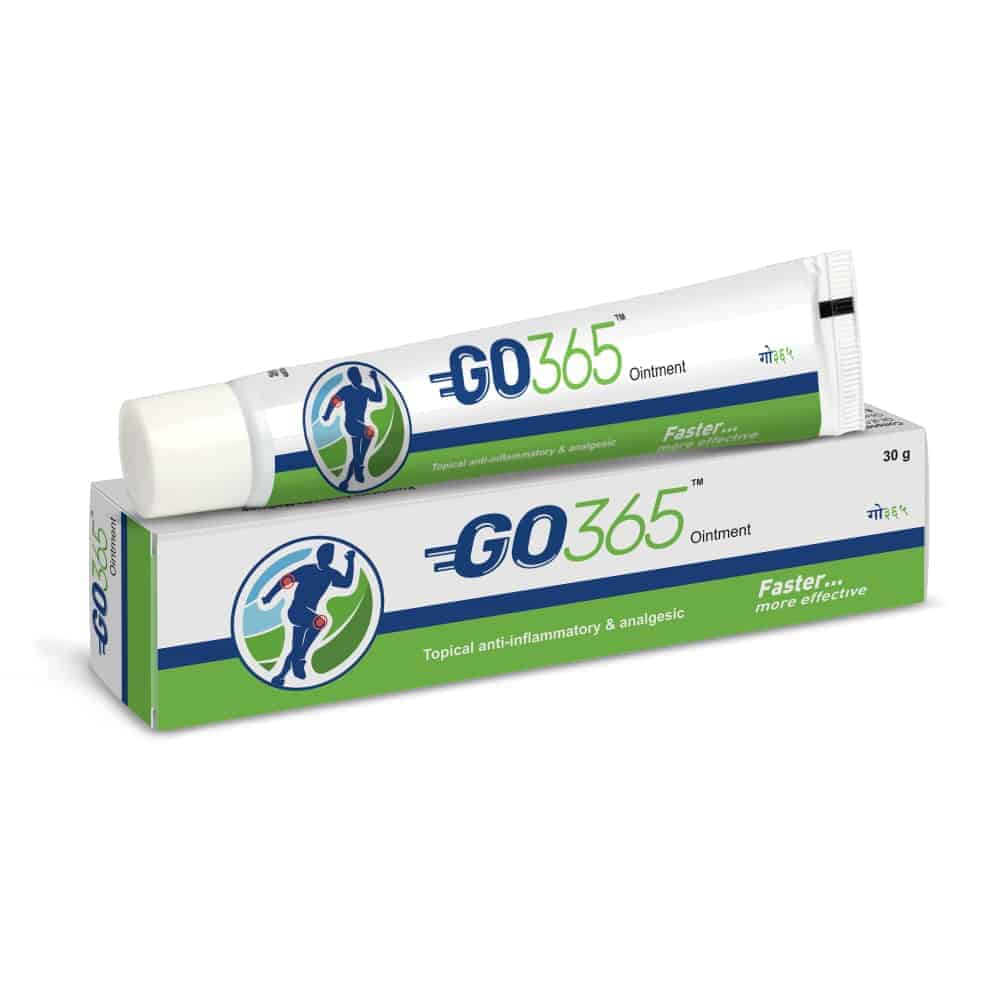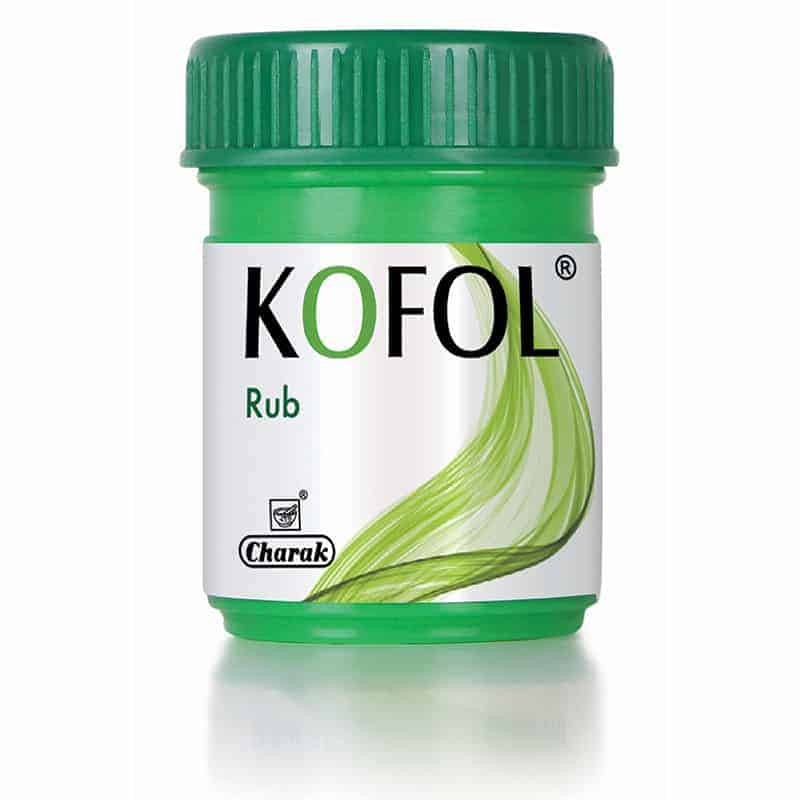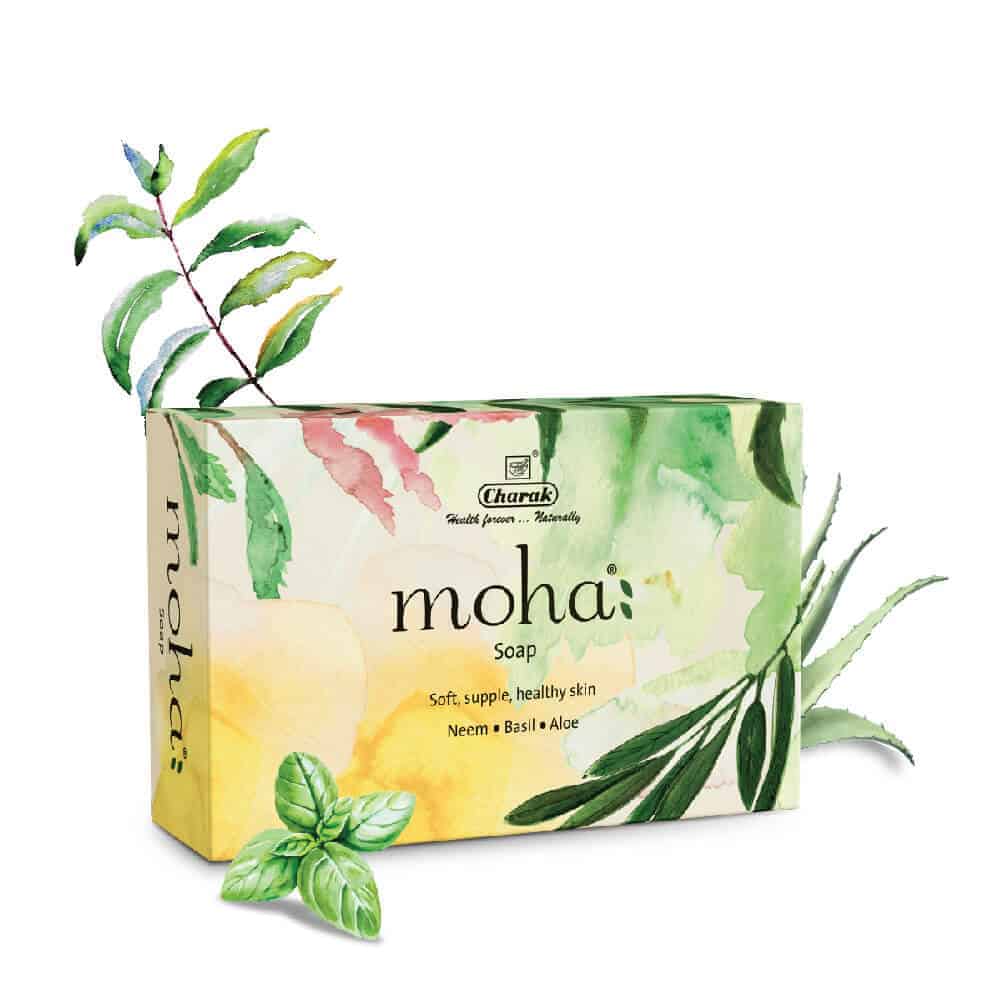Kidney stones is a condition where the minerals and other elements that are found in the urine harden into a stone. The stone typically forms in the kidney and causes pain as it passes down the tubes (ureters) connecting the kidney to the bladder.
Kidney stones are more common in adults than children but can happen in children of any age. Among children, kidney stones are most likely to happen in the adolescent years and are more common in girls as compared to boys.
Symptoms:
- Severe pain that can move from the back and sides to the groin
- Bloody urine (hematuria)
- Pain on urination (dysuria)
- Increased urinary frequency
- Nausea and vomiting
Risk factors for kidney stones:
- Dehydration occurs more frequently during hot weather conditions. Dehydration can lead to kidney stones. People who live in warm climates and those who sweat a lot may be at higher risk than others.
- Magnesium deficiency may be the second leading cause of kidney stone formation.
- Drinking lots of sweet tea, punch, sodas, and other sugar-sweetened beverages during hot, humid weather is easy to do and may increase the chances of developing kidney stones as it interferes with magnesium absorption.
- Excessive alcohol and caffeine consumption is not only dehydrating to the body, but decreases magnesium absorption, and can exacerbate kidney stones.
- A diet high in oxalates — almonds, spinach, black tea, cocoa, chard and rhubarb — increase the risks.
- Refined sugar consumption may lead to the formation of calcium stones.
- Regular intake of antacids and synthetic calcium supplements can increase your risk of kidney stones by 20 percent.
- Eating a diet that’s high in protein, sodium (salt) and sugar may increase your risk of some types of kidney stones. This is especially true with a high-sodium diet. Too much salt in your diet increases the amount of calcium your kidneys must filter and significantly increases your risk of kidney stones
- Heredity may be a factor as some people have a tendency to absorb too much calcium than others. If you have a history of kidney stones in your family, take preventive dietary measures.
- High body mass index (BMI), large waist size and weight gain have been linked to an increased risk of kidney stones.
- Some chronic medical conditions are associated with higher risk of kidney stones, such as inflammatory bowel disease, cystic fibrosis, urinary tract abnormalities, chronic diarrhea can cause changes in the digestive process that affect your absorption of calcium and water, increasing the levels of stone-forming substances in your urine.
Herbal supplement for kidney stone treatment: CALCURY tablets by Charak Pharma –
CALCURY facilitates the passage of urinary calculi by diuretic, alkalizer, anti-inflammatory and analgesic properties. CALCURY helps disintegrate calculi.. CALCURY also maintains crystalloid-colloid balance and prevent recurrence. Thus, CALCURY is found to be the non-invasive lithotriptic and natural diuretic remedy in kidney stone treatment.
So, use CALCURY to flush out kidney stones and to prevent its recurrence.







